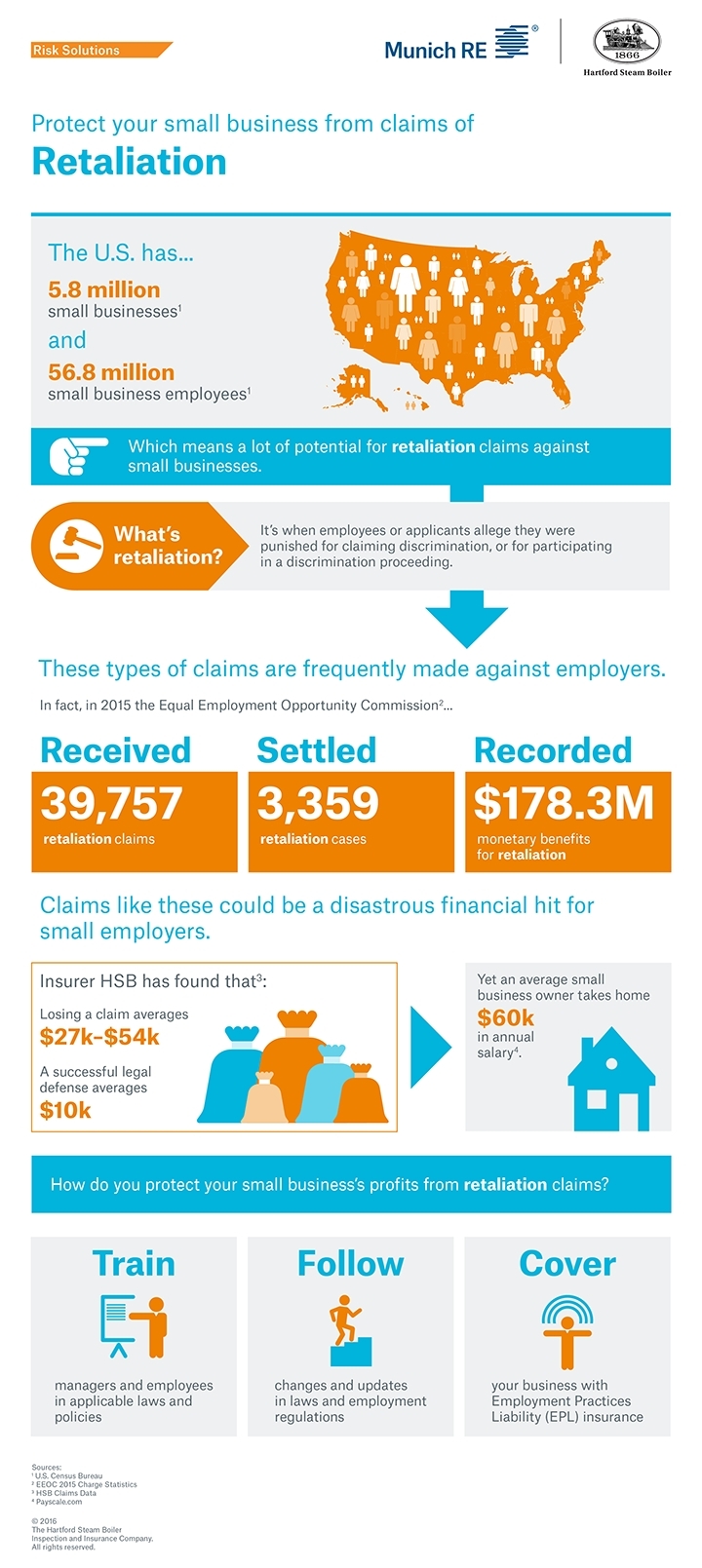ACA Offers Path To Reduced Healthcare Premium Costs For Small Businesses
 There is a way to reduce small business healthcare insurance costs by an average 30%.
There is a way to reduce small business healthcare insurance costs by an average 30%.
According to Kent B. Utsey, CEO of American Health Resources this approach can also exempt small businesses from the Affordable Care Act and give employees better benefits.
According to Utsey, earlier in 2015, the federal government approved a way for companies to switch from group to individual health insurance policies.
Essentially, the tactic involves providing avenues for employees to purchase individual healthcare insurance policies rather than offer a group plan.
Utsey believes “this approach is something every company with fewer than 50 employees should consider, because it could reduce their benefits costs by an average of 30 percent, exempt them from the Affordable Care Act and give their employees better benefits.”
The market is already heading this way. Anthem and Blue Cross and Blue Shield report that up to 12 percent of the under 50 market migrated to individual policies, just in 2014. The Blue Cross and Blue Shield affiliates alone lost more than 1,000,000 members from their small group plans (the AIS Report, February 2015, Vol 14, Issue 2). Further, 18 percent of the people who enrolled on the public exchanges nationally were previously covered by employer policies (The Commonwealth Fund, pub 1760 Vol 16: Tracking Trends in Health System Performance, July, 2014). This happened in spite of serious questions about compliance. But now that King V Burwell has been decided, confirming certain provisions of the Affordable Care Act and resolving compliance questions, the migration to individual policies will really step up in 2016 and beyond.
According to Utsey, the individual policy approach is less expensive, exempts the company from the ACA, and improves the quality of benefits:
- Federal subsidies and cost sharing produce substantial savings. Employers and employees are saving about 30 percent on average in premiums and out-of-pocket medical expenses.
- The individual health insurance policies are already ACA compliant. And since it’s not a ‘group health plan,’ employers are completely exempt from employer ACA mandates and requirements.
- This approach gives employers an edge in recruitment and retention of talent. Broader benefit choices, higher levels of employee satisfaction and plan simplicity make this a very appealing way to provide benefits.
Adds Utsey, “making the switch is simple. It begins with a cost analysis to set a budget. Next, each employee is given a “Benefits Savings Account,” funded by the employer, and their insurance agent helps each employee choose their own insurance. The employee then uses their Benefits Savings Account to pay for it.”
Until now, employers who wanted an individual policy-based benefits plan weren’t able to find one that was ACA compliant. The AHR Personal Benefits Plan finally solves this, putting together the right mix of pre-tax and after-tax benefits, based on employee medical expenses, federal subsidies and cost sharing, yielding the best plan for each individual employee.
The renewal period is here, and now is the time to consider better ways to provide employee benefits. Heading into 2016, it will save money and yield a happier, healthier workforce.
Kent B. Utsey is founder and CEO of American Health Resources, one of the first consumer directed health benefits companies in the U.S. Contact him at kutsey@ahr.net.




